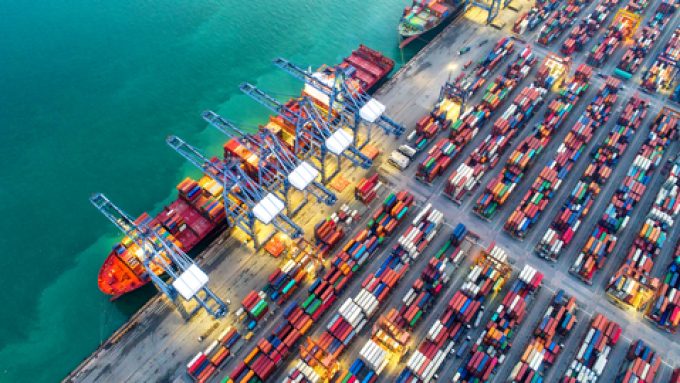Stevedoring down under – where some playing fields are less level than others
Either way, Mr and Ms Consumer lose

“What we are really hoping for now is that some trust can be re-established between shippers and shipping lines,” Global Shippers Forum director James Hookham told The Loadstar this week.
He was reflecting on last week’s decision from the EC not to renew liner shipping’s controversial ...

Comment on this article